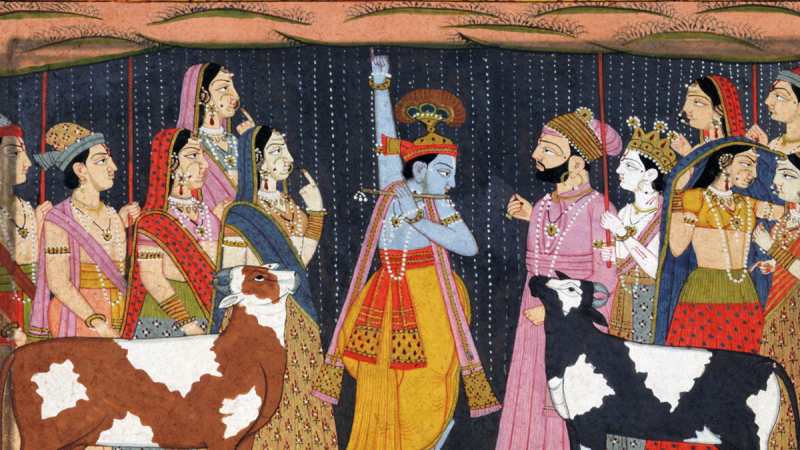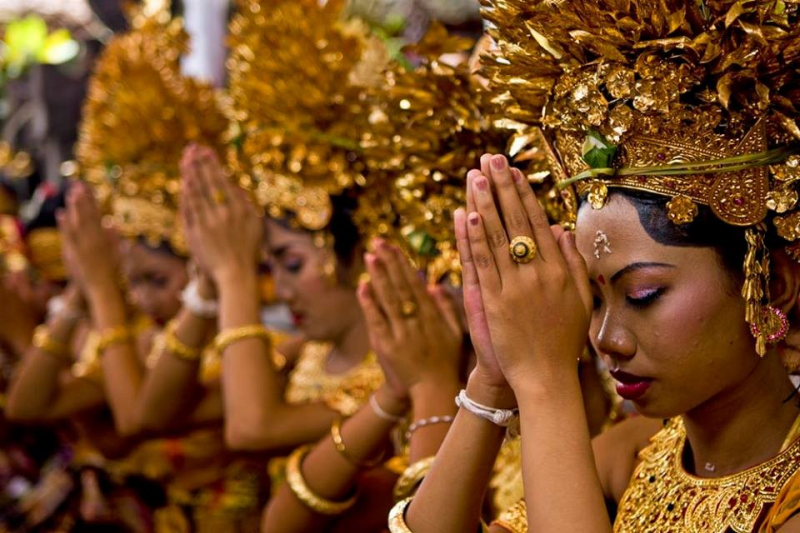Hinduism
According to several historians, Hinduism is the world's oldest religion, with origins and rituals stretching back to 4,000 years. Indeed, Hinduism, with around 900 million adherents, is the third-largest religion in the world - only after Christianity and Islam. India is home to over 95 % of the world's Hindus. It is impossible to trace the origins and history of the religion since it has no official founder.
Hinduism is distinctive in that it is not a single religion - but rather a collection of several traditions and ideologies. Here are some of the most common and fundamental Hinduism beliefs:
First of all, Hinduism incorporates various religious concepts. Because of this, it is commonly called a "style of life" or a "family of faiths" rather than a single, structured religion.
Secondly, most varieties of Hinduism are non-theistic, which implies they not only serve a single deity known as "Brahman" but also acknowledge the existence of additional gods and goddesses.
The Hinduism followers think there are several ways to approach their deity. Hindus believe in samsara (the perpetual cycle of death, life, and rebirth) and karma (which is the universal rule of causes and effects). One of the major concepts of Hinduism is "atman," or the soul idea. According to this belief, all living things possess a soul and are a part of the ultimate soul. The objective is to attain "moksha," or salvation, which terminates the circle of rebirths and allows one to merge with the ultimate soul.
Last but not least, one of the religion's major tenets is that a person's actions and ideas directly impact their present and future existence.
Followers: 900 million
Founded: 2300 B.C. to 1500 B.C.







